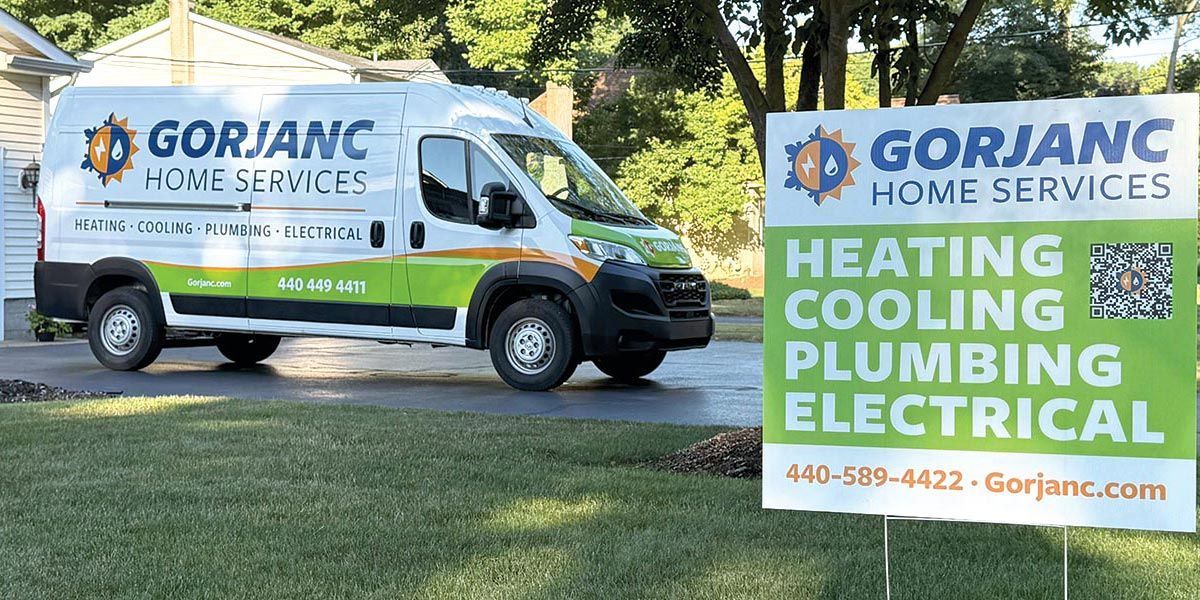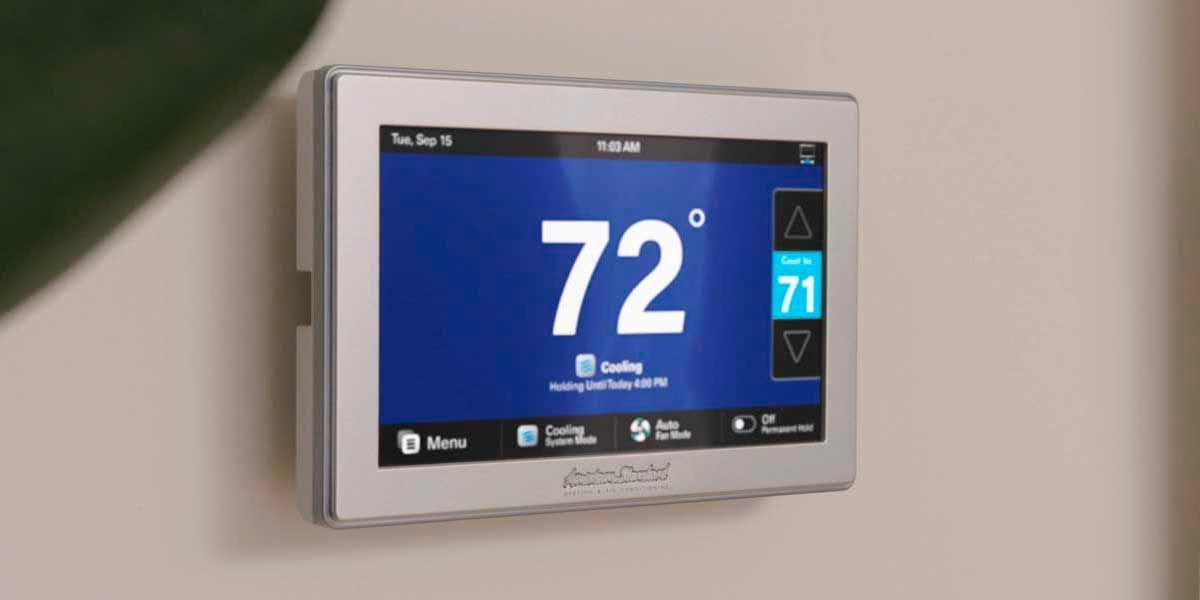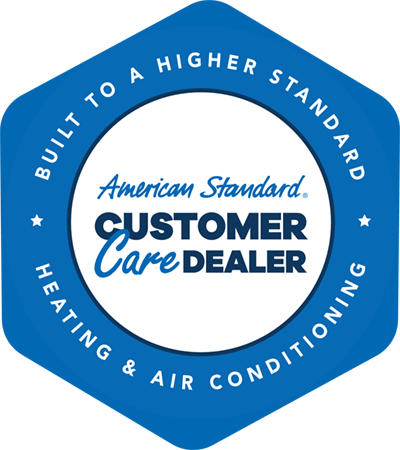Clear the Air for Better Sleep, Skin & Overall Health
How to Clean Up Your Indoor Air Quality for a Healthier Home
We’re all looking for ways to take better care of ourselves, but have you ever considered how the quality of the air you breathe in your home could be affecting your health every day?
According to a recent survey by Blueair, poor indoor air quality remains a significant concern for Americans in their homes.
- 81% of Americans experience negative symptoms indoors, with allergies and nasal congestion being the primary issues for 48% and 41%, respectively.
- 80% of Americans recognize the importance of clean indoor air for a healthier home environment. However, 1 in 5 Americans believe there is no effective way to clean indoor air.
Like those surveyed, you may already recognize the importance of the air quality in our homes, but you may feel unsure how to create the healthiest environment possible for your family. However, it’s a lot simpler than you might think.
Keep reading to learn how you can improve the air quality in your home.
1. Change Your HVAC Filter Regularly
Your HVAC system is likely more important to you than most appliances in your home. Who wants to be hot in the summer and cold in the winter? While your HVAC system keeps your home at a comfortable temperature throughout the year, it also circulates air; if poor quality, that air can negatively impact your health.
Why You Should Change Your HVAC Filter
The HVAC filter traps airborne particles such as dust, pollen, pet dander, and mold spores. Over time, the filter can become clogged with these particles, making it less effective at capturing new pollutants. Clogged filters continue to circulate dirty air throughout your home, which can lead to respiratory problems and allergies.
Regularly changing your HVAC filter ensures that the air circulating through your home is clean and pollutant-free, reducing the risk of health issues.
What Kind of HVAC Filter Should I Use?
The first step is identifying an HVAC filter that’s compatible with your system and appropriate for your home’s air quality needs. Many types of filters are available, each with different levels of effectiveness and benefits.
Fiberglass Filters
Fiberglass filters are the most basic type of HVAC filter and are typically the least expensive. These filters capture larger particles, such as dust and debris, but are less effective at capturing smaller particles, such as pollen and pet dander.
Pleated Filters
Pleated filters are a step up from fiberglass filters and are more effective at capturing smaller particles. They consist of pleated paper or synthetic material, which provides a larger surface area for trapping pollutants.
High-Efficiency Filters
High-efficiency filters, such as HEPA filters, are the most effective at capturing a wide range of particles, including bacteria, viruses, and mold spores. These filters can be expensive, but experts recommend them for individuals with respiratory issues or allergies.
When To Replace Your HVAC Filter
The frequency with which you should change your HVAC filter depends on several factors, including the type of filter you’re using, the size of your home, and your household’s air quality needs. Generally, we recommend replacing your filter every 1-3 months.
If you live in an area with clean air and don’t have any pets, you may be able to change your filter less frequently. However, if you have pets, live in a dusty area, or have a large household, you may need to change your filter more often.
In addition to changing your filter, it’s crucial to have your HVAC system maintained regularly by a professional. This helps ensure that your system is functioning correctly and not circulating dirty air throughout your home.
2. Install a Whole-House Air Purifier
A whole-house air purifier is a powerful tool for improving the air quality in your home. Unlike portable air purifiers, which can only clean the air in a single room, a whole-house air purifier cleans the air throughout the house, including the HVAC system, ductwork, and living spaces.
Three Benefits of Installing a Whole-House Air Purifier
- A whole-house air purifier is highly effective at removing a wide range of pollutants from the air, including allergens, dust, bacteria, and viruses.
- A whole-house air purifier reduces the risk of respiratory problems, allergies, and other health issues.
- A whole-house air purifier is a low-maintenance solution, typically needing to be serviced once a year; on the other hand, portable air purifiers require frequent filter changes and cleaning.
How to Select the Right Whole-House Air Purifier
Before you settle on a whole-house air purifier, consider these factors:
- Choose a purifier that’s compatible with your HVAC system. This will ensure that the purifier is able to effectively clean the air throughout your home.
- Consider the size of your home and the level of air pollution in your area. A larger home or a home with high levels of pollution may require a more powerful air purifier to effectively clean the air.
- Look for one with a high CADR (Clean Air Delivery Rate) ratings. This score indicates how well the purifier removes pollutants from the air.
Common Mistakes To Avoid When Buying a Whole-House Air Purifier
- Don’t choose a whole-house purifier based solely on price. While a cheaper model may seem like a good deal, it may not be as effective at cleaning the air as a more expensive model.
- Don’t choose a purifier with a low CADR rating; you may not experience the desired results.
- Don’t believe the misconception that any whole-house air purifier will help—this is unfortunately not the case. Be sure to choose a purifier that addresses your specific air quality concerns, such as respiratory issues or allergies.
3. Keep Your Home VOC- & Dust-Free for Better Sleep
Volatile Organic Compounds (VOCs) and dust are two significant sources of indoor air pollution that can impact your health and sleep quality.
Sources of VOCs in Your Home
VOCs are chemicals that can easily evaporate into the air. You can find them in various products commonly used in homes, including paints, furniture, cleaning products, and even new carpeting. Exposure to VOCs can irritate the airways and make breathing difficult, leading to poor sleep quality.
Simple Steps to Reduce Exposure to VOCs
Reducing exposure to VOCs in your home is relatively easy. One of the best ways is to ventilate your home regularly by opening windows and doors. Doing so allows fresh air to circulate through your home and helps to remove VOCs from your indoor air.
Also, many manufacturers now offer low-VOC products—such as paints, furniture, and flooring—so choose these options when making home improvements or purchasing new items for your home.
Finally, avoid using harsh cleaning products that contain VOCs. Instead, opt for natural cleaning solutions—such as vinegar and baking soda—which are just as effective at cleaning and are safer for you and the environment.
Tips for Keeping Your Home Dust-Free
- Vacuum and dust regularly: Vacuum carpets and furniture, and wipe down surfaces with a damp cloth to prevent dust from becoming airborne.
- Keep your curtains clean: They can trap dust and other allergens.
- Wash bedding regularly: This will reduce the accumulation of dust mites and other allergens.
- Add moisture to the air: This also helps reduce dust mites (which can be a major source of indoor allergens). Use a humidifier to keep your home’s humidity levels between 30% and 50%, the ideal range for most people.
Create a Comfortable Sleeping Environment
Your bedroom’s temperature and humidity levels can significantly impact your sleep quality. Use a fan or humidifier to keep the temperature between 60°–67°F and the humidity between 30% and 50%.
In addition, noise levels and lighting can also impact your sleep quality, so create a quiet, dark bedroom environment to promote better sleep. Use earplugs or white noise machines to block out noise and blackout curtains or eye masks to block light.
4. Control Humidity Levels to Benefit Your Skin
The humidity levels in your home can have a significant impact on the health of your skin. Dry air can cause the skin to become dry, itchy, and prone to wrinkles and other signs of aging. By controlling humidity levels in your home, you can help to keep your skin healthy, hydrated, and looking its best.
Reduces Dryness and Flaking
Dry air—prevalent in winter when humidity levels are typically lower—can cause your skin to lose moisture, leading to dryness, flaking, and cracking. Adding moisture to the air with a humidifier helps prevent these problems.
Improves Elasticity
When your skin is dry, it can lose its elasticity, making it more prone to wrinkles and other signs of aging. A humidifier helps keep your skin hydrated and improves its elasticity, making it look more youthful and vibrant.
Reduces Itchiness
Dry air can also cause your skin to become itchy, disrupting sleep. A humidifier will help relieve itchiness and make your skin feel more comfortable—day and night.
Promotes Healing
Your skin needs moisture to heal properly after an injury—such as from a cut or scrape. A humidifier helps speed up the healing process and reduces the risk of infection. Humidified air is crucial for individuals with skin conditions—such as eczema or psoriasis—who are more prone to dryness, itching, and abrasions.
Choosing the Right Humidifier
Here are a few factors to consider before you decide on a humidifier for your home:
The Room Size
A small humidifier may be sufficient for a bedroom; a living room or other ample space may require one with more capacity.
Maintenance Requirements
Make sure the humidifier is easy to maintain. If not cleaned regularly, it can become a breeding ground for bacteria and mold, which worsens indoor air quality and causes respiratory problems.
The Design
Choose the humidifier according to its design. Some are intended for general use, while others address specific issues—like dry skin or allergies.
5. Clean Your Ducts Regularly to Ensure Proper Ventilation
Your home’s ventilation system, including the ductwork, is crucial for removing pollutants and allergens from the air.
You can achieve simple air quality improvements by opening windows and doors and running exhaust fans in kitchens and bathrooms. But only regular duct cleaning ensures your home’s ventilation system functions properly and provides clean, healthy air.
The Risks of Not Cleaning Your Ductwork
Dirty ductwork has several negative impacts on indoor air quality. Over time, dust, mold, and other pollutants can build up in the ducts, which then circulate throughout your home.
Poor indoor air may provoke common congestion—irritating nasal passages and causing inflammation. Congestion makes breathing difficult and can lead to other respiratory problems. Airborne pollutants also aggravate allergies and asthma.
Filthy ductwork can also require your HVAC system to work harder and use more energy to maintain comfortable temperatures. This inefficiency leads to higher energy bills and increased wear and tear on your system.
Tips for Maintaining Your Ductwork
- Change your HVAC filter regularly to prevent dust and other particles from accumulating in the ducts.
- Vacuum air registers and vents to prevent dust and debris from being sucked into the ductwork.
- Seal any leaks in your ductwork to prevent air from escaping and reduce energy waste. Insulating your ductwork also helps improve energy efficiency and reduce the risk of condensation—which can lead to mold growth.
Are you unsure when you last cleaned your HVAC ductwork? Consider calling in professionals to remove the accumulated dust, mold, and other pollutants. Schedule a duct cleaning now and get back on track to a cleaner, healthier home.
Professional Solutions for Indoor Air Quality Control
If you are experiencing poor indoor air quality and associated health problems, there are several professional solutions you can leverage:
- Professional indoor air quality testing can identify specific pollutants and allergens, allowing you to take targeted steps to improve air quality.
- Whole-house air purifiers clear allergens and pollutants from the air throughout your home.
- Duct cleaning removes built-up dust, mold, and other pollutants—improving ventilation.
- Regular HVAC maintenance ensures that your system functions properly and provides healthy air.
Invest in Your Health by Improving Air Quality Today
Choose the Best Solution for Your Needs
Improving indoor air quality is an essential step toward creating the healthiest and most comfortable home possible for you and your family.
By working with a professional indoor air quality specialist, you can get expert advice on the best solutions for your needs. Whether you need a whole-house air purifier, duct cleaning services, or HVAC maintenance, a professional can help you choose the right solution for your home and your budget.
Implement Easy Changes Quickly
This process doesn’t have to be difficult or time-consuming. Changing your HVAC filter regularly, using non-toxic cleaning products, and keeping your home dust-free are simple changes you can make now.
Reap the Rewards of Cleaner Air
If you take action immediately, you’ll see improved sleep quality, respiratory health, and reduced allergy symptoms. In addition, a healthier home with better air quality will improve your overall quality of life and help you feel more comfortable and relaxed.
Whether you make simple changes at home or invest in professional indoor air quality solutions, take action now to reap the rewards of cleaner air and a healthier home.






